5 Tips for Maintaining Good Oral Health: A Guide to Dental Care
Take Care of Your Teeth and Get the Best Dental Services Now!
Good oral hygiene is essential for overall health. Taking care of your teeth and gums can help prevent cavities, gum disease, and other dental problems. To ensure that you get the best dental services, visit SurgeryBook.net. This website provides comprehensive information about dental treatments, procedures, and services. You can also find a list of qualified dentists in your area. With SurgeryBook.net, you can be sure that you are getting the best dental care available. So don’t wait any longer, take care of your teeth and get the best dental services now!
Introduction
Good oral health is essential for overall wellbeing. Taking care of your teeth and gums can help prevent cavities, gum disease, and other dental problems. Here are five tips to help you maintain good oral health: brush twice a day, floss daily, use mouthwash, visit the dentist regularly, and eat a balanced diet. This guide will provide more information on each of these tips and how they can help keep your smile healthy and bright.
Brush Twice a Day: The Benefits of Regular Brushing
Brushing your teeth twice a day is one of the most important habits you can develop for maintaining good oral health. Regular brushing helps to remove plaque, bacteria, and food particles from your teeth and gums, which can help prevent cavities, gum disease, and other dental problems. It also helps to keep your breath fresh and your smile looking its best.
When brushing your teeth, it’s important to use the right technique. Start by wetting your toothbrush with water and applying a pea-sized amount of toothpaste. Gently brush in circular motions, making sure to reach all surfaces of each tooth. Pay special attention to the gum line, where plaque tends to accumulate. Brush for two minutes, then rinse your mouth with water.
Regular brushing helps to remove plaque, a sticky film of bacteria that builds up on your teeth. Plaque can cause cavities and gum disease if it isn’t removed. Brushing also helps to remove food particles and other debris that can get stuck between your teeth. This helps to prevent bad breath and keeps your teeth looking clean and healthy.
In addition to brushing twice a day, it’s important to floss at least once a day. Flossing helps to remove plaque and food particles from between your teeth, where a toothbrush can’t reach. It also helps to stimulate your gums and keep them healthy.
By brushing twice a day and flossing regularly, you can help keep your teeth and gums healthy and prevent dental problems. Make sure to visit your dentist every six months for a professional cleaning and checkup. With regular brushing and flossing, you can enjoy a lifetime of good oral health.
Flossing: An Essential Part of Oral Hygiene
Flossing is an essential part of oral hygiene and should be done at least once a day. Flossing helps to remove plaque, bacteria, and food particles from between the teeth and along the gum line that brushing alone cannot reach. This helps to prevent cavities, gum disease, and bad breath.
Flossing can be done with either waxed or unwaxed dental floss. Waxed floss is easier to use as it slides more easily between the teeth. Unwaxed floss is thinner and may be better for those with tight spaces between their teeth. It is important to use a clean section of floss each time you floss to avoid spreading bacteria from one area of the mouth to another.
When flossing, it is important to be gentle. Start by wrapping the floss around your middle fingers and leaving about two inches of floss between them. Use your thumbs and index fingers to guide the floss between your teeth. Gently move the floss up and down against the side of each tooth, making sure to go below the gum line. When you are finished, throw away the used floss and use a new section for the next tooth.
Flossing is an important part of maintaining good oral health. It helps to remove plaque and bacteria that brushing alone cannot reach, which can help to prevent cavities, gum disease, and bad breath. It is important to be gentle when flossing and to use a clean section of floss each time. With regular flossing, you can keep your teeth and gums healthy and looking their best.
Eating Healthy Foods for Optimal Dental Health
Eating healthy foods is essential for optimal dental health. Eating a balanced diet that includes plenty of fruits, vegetables, whole grains, and lean proteins can help keep your teeth and gums healthy. It can also help reduce the risk of cavities, gum disease, and other oral health problems.
Fruits and vegetables are important for dental health because they contain vitamins and minerals that help strengthen teeth and gums. Fruits and vegetables also contain fiber, which helps to remove plaque from teeth. Eating a variety of fruits and vegetables every day can help keep your mouth clean and healthy.
Whole grains are also important for dental health. Whole grains contain complex carbohydrates, which provide energy and help to protect teeth from decay. Whole grains also contain B vitamins, which help to maintain healthy gums. Eating whole grains such as oatmeal, brown rice, and quinoa can help keep your teeth and gums healthy.
Lean proteins are also important for dental health. Lean proteins such as fish, chicken, and beans provide essential nutrients that help to keep teeth and gums strong. Eating lean proteins can also help to reduce the risk of gum disease.
In addition to eating healthy foods, it is also important to practice good oral hygiene. Brushing twice a day with a fluoride toothpaste and flossing daily can help to remove plaque and bacteria from teeth and gums. Regular visits to the dentist can also help to detect any potential problems early on.
Eating healthy foods and practicing good oral hygiene are essential for optimal dental health. Eating a balanced diet that includes plenty of fruits, vegetables, whole grains, and lean proteins can help keep your teeth and gums healthy. Practicing good oral hygiene, such as brushing twice a day and flossing daily, can also help to reduce the risk of cavities, gum disease, and other oral health problems.
Visiting the Dentist Regularly for Check-Ups and Cleanings
Visiting the dentist regularly for check-ups and cleanings is an important part of maintaining good oral health. Regular visits to the dentist can help prevent serious dental problems from developing, as well as detect any existing issues that may need to be addressed.
During a regular check-up, your dentist will examine your teeth and gums for signs of decay or other problems. They may also take X-rays to look for any underlying issues that may not be visible to the naked eye. Your dentist will also check for signs of gum disease, such as redness, swelling, or bleeding. If any issues are found, they can be treated before they become more serious.
In addition to checking for any existing problems, your dentist will also provide a professional cleaning. This involves removing plaque and tartar buildup from your teeth, which can cause cavities and other issues if left untreated. The dentist may also use special tools to floss between your teeth and remove any food particles that may be stuck in hard-to-reach places.
Regular check-ups and cleanings are essential for keeping your mouth healthy. Not only do they help prevent serious dental problems from developing, but they can also help you maintain a bright, white smile. Visiting the dentist every six months is recommended for most people, although those with certain medical conditions or risk factors may need to visit more often.
If you’re looking for a dentist, it’s important to find one who is experienced and knowledgeable. Ask friends and family for recommendations, or search online for reviews. Once you’ve found a dentist you feel comfortable with, make sure to keep up with your regular appointments. Doing so will help ensure that your teeth and gums stay healthy for years to come.
Avoiding Habits That Can Damage Your Teeth and Gums
Good oral hygiene is essential for maintaining healthy teeth and gums. Unfortunately, there are certain habits that can damage your teeth and gums if you’re not careful. Here are some tips on avoiding habits that can damage your teeth and gums:
1. Avoid smoking or using tobacco products. Smoking and chewing tobacco can cause a variety of dental problems, including gum disease, tooth decay, and even oral cancer. If you do smoke, it’s important to quit as soon as possible.
2. Don’t use your teeth as tools. It may be tempting to use your teeth to open packages or bottles, but this can lead to chips, cracks, and other damage to your teeth. Use scissors or other tools instead.
3. Don’t chew on hard objects. Chewing on hard objects such as pens, pencils, or ice can cause chips and cracks in your teeth.
4. Don’t brush too hard. Brushing your teeth too hard can wear away the enamel on your teeth and cause them to become sensitive. Use a soft-bristled toothbrush and gentle circular motions when brushing.
5. Don’t grind your teeth. Teeth grinding, also known as bruxism, can cause pain and damage to your teeth and jaw. If you find yourself grinding your teeth, talk to your dentist about ways to reduce the habit.
6. Don’t forget to floss. Flossing helps remove plaque and food particles from between your teeth, which can help prevent cavities and gum disease. Make sure to floss at least once a day.
7. Don’t ignore regular dental checkups. Regular dental checkups are important for detecting any potential problems with your teeth and gums. Make sure to visit your dentist at least twice a year for a professional cleaning and exam.
By following these tips, you can help keep your teeth and gums healthy and avoid habits that can damage them. Remember, good oral hygiene is essential for maintaining a healthy smile.
Conclusion
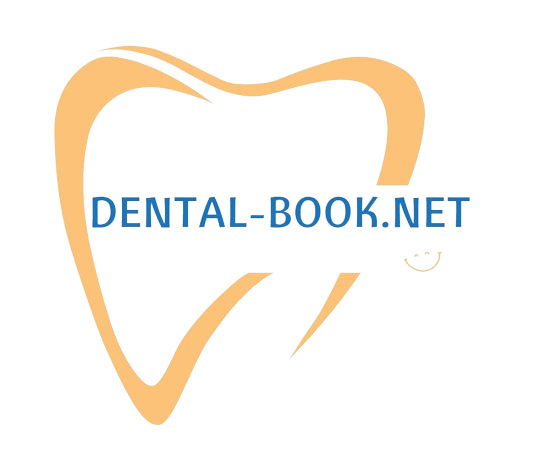

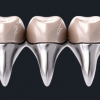

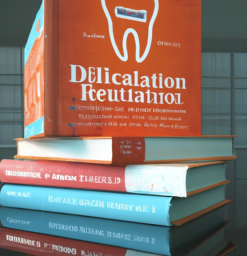
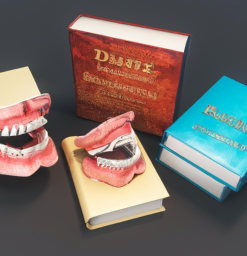

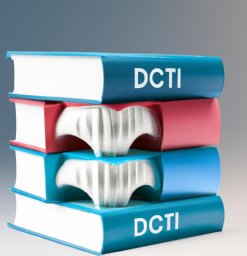
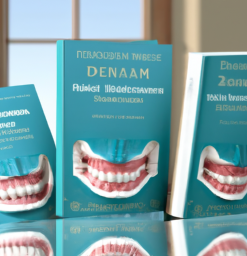
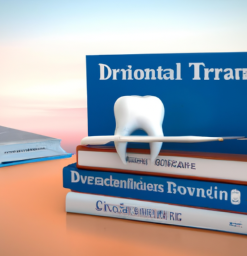


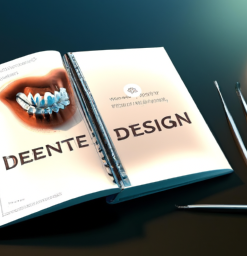

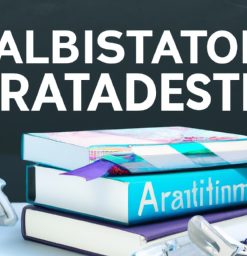


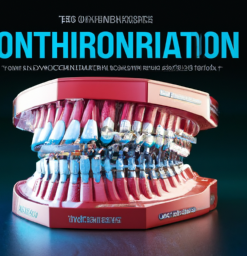
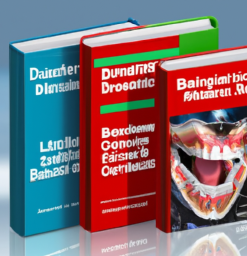


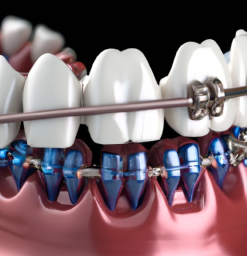


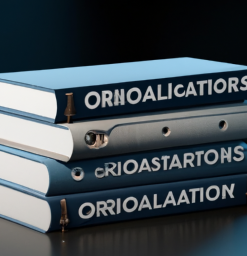

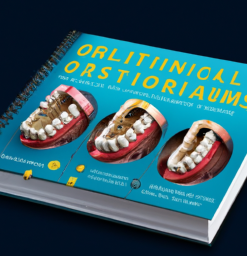
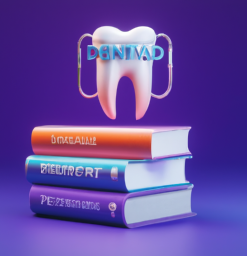


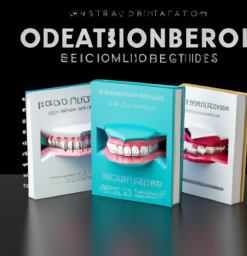
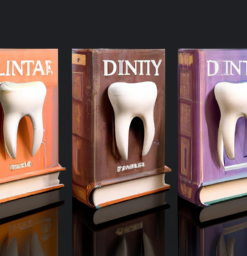
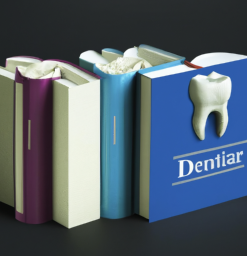
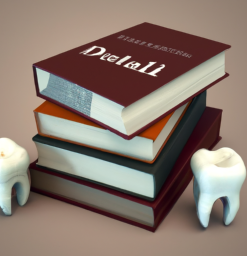
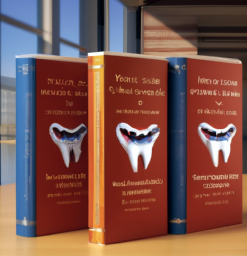
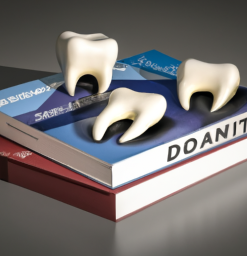

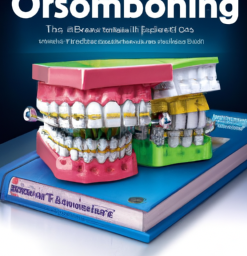


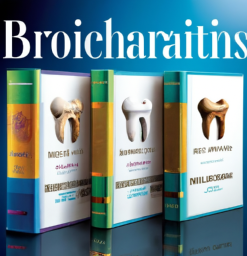
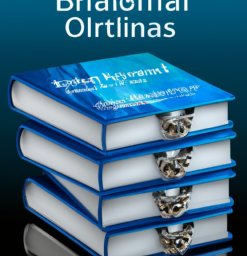
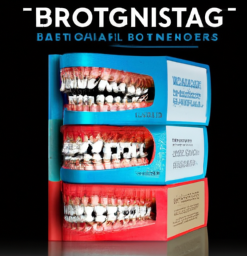


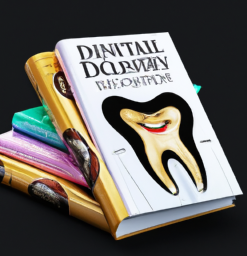
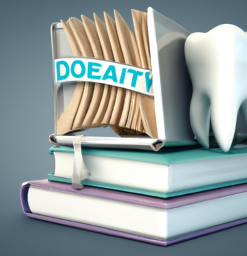
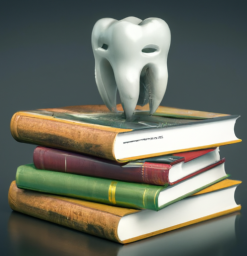
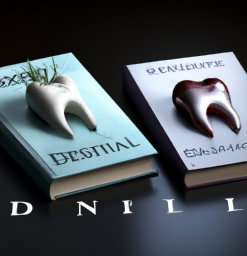
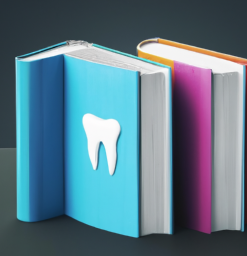


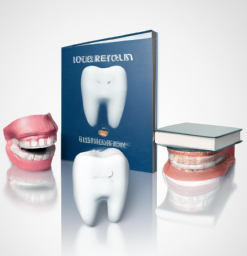
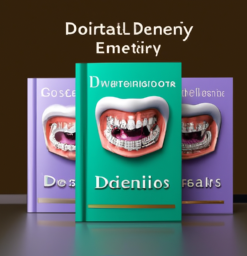
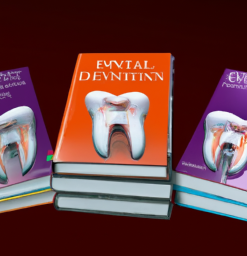
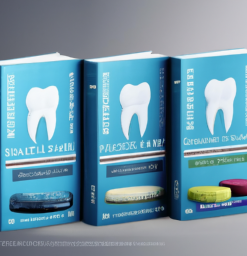
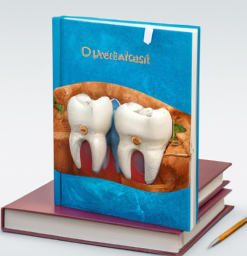
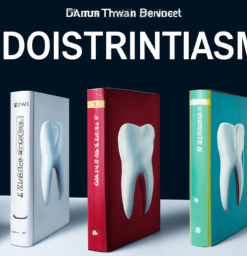

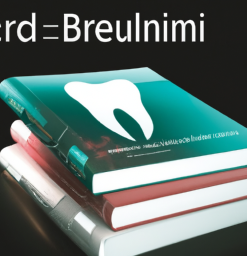

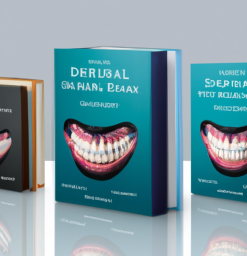
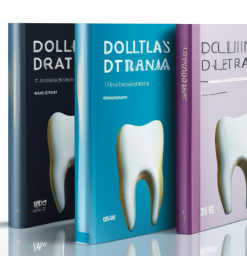
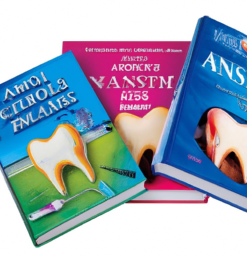
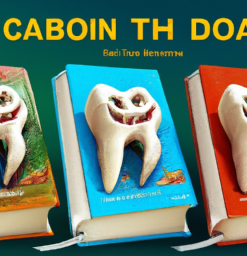
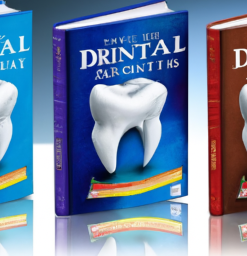
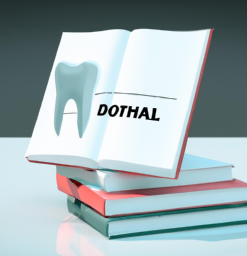
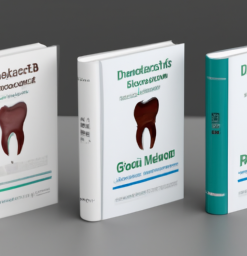
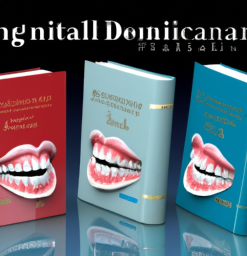


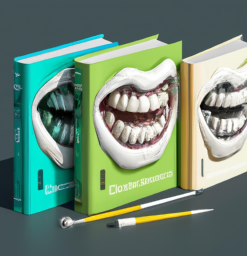
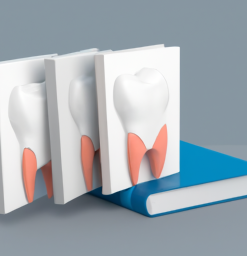

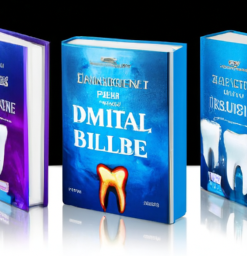
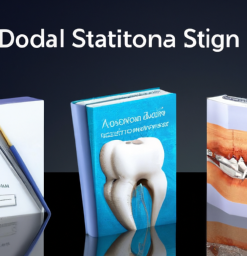
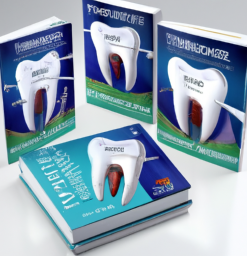
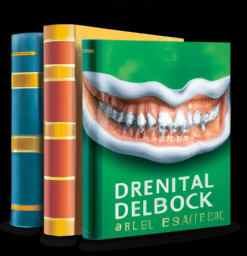
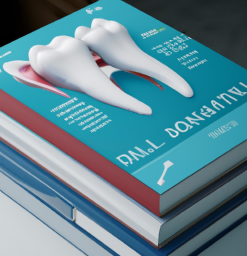

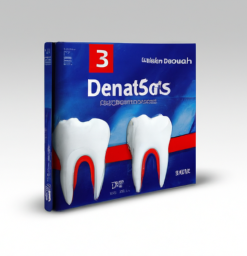
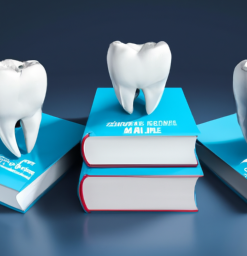
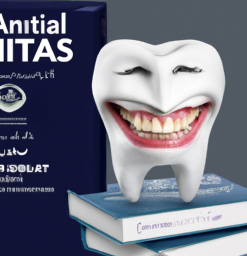
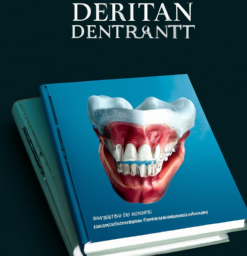
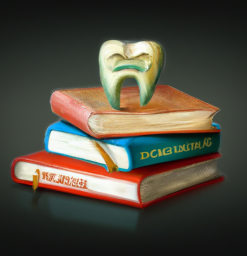
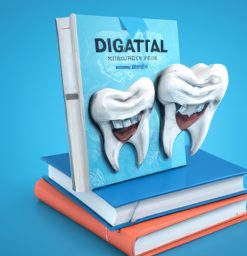
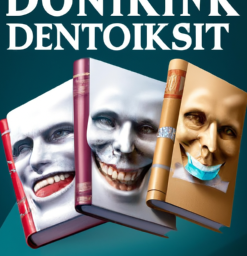
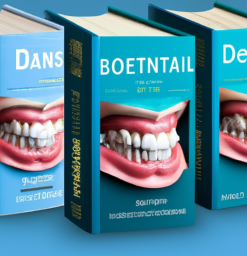
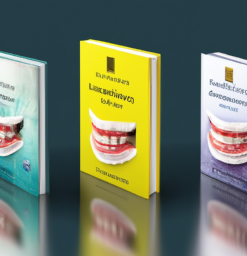
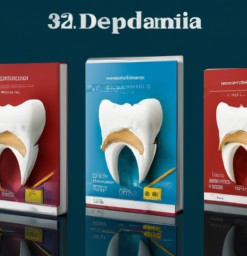
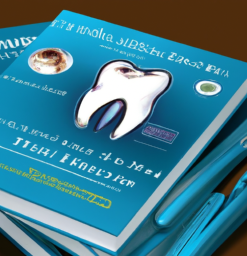
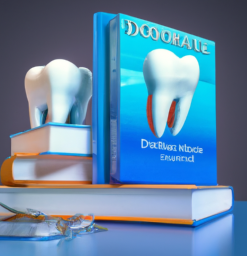


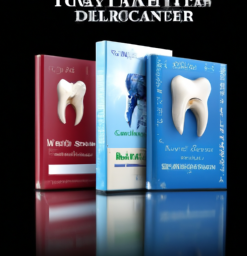
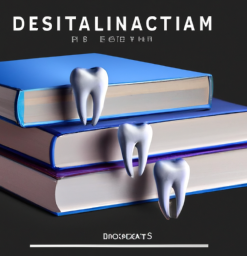
Reviews
There are no reviews yet.